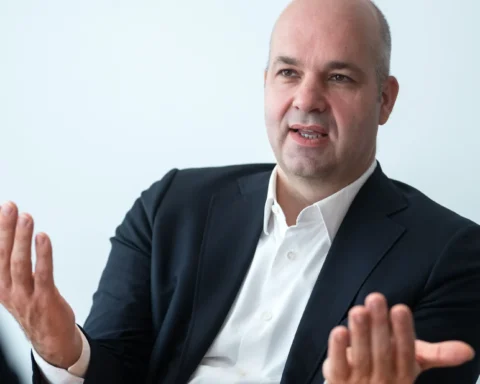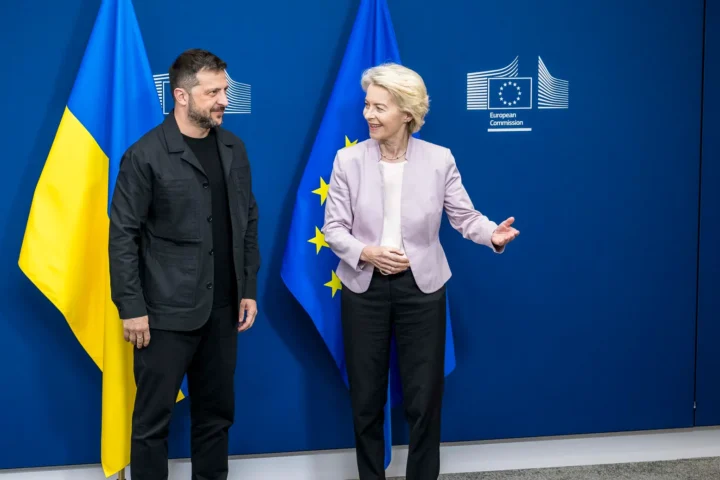Brazilian President Luiz Inácio Lula da Silva held a phone conversation with Chinese President Xi Jinping after recent talks with the leaders of India and Russia. According to Bloomberg, this diplomatic marathon is part of the Brazilian leader’s strategy to strengthen ties with key partners as President Donald Trump has placed Latin America’s largest economy at the center of his global trade war.
According to the Brazilian president’s office, Lula and Xi spoke for about an hour, covering a broad range of international issues, including the latest developments in the Russia-Ukraine conflict. The leaders reaffirmed their commitment to “upholding multilateralism” through the G20 and BRICS formats.
During their Tuesday morning conversation in Beijing, Xi stressed the need to coordinate efforts against unilateral actions and protectionism — language China traditionally uses to criticize U.S. trade policy. He stated that China supports the Brazilian people in defending their country’s legitimate interests and noted that relations between Beijing and Brasília are “at their best in history.” According to Chinese state broadcaster CCTV, Xi also expressed his willingness to strengthen coordination with Brazil and make their joint efforts an example of “unity and self-reliance among Global South nations.”
This call marked the final stage of Lula’s recent push to build cohesion within BRICS, which was founded in 2009 by Brazil, Russia, China, and India. In recent days, Lula has already spoken with Russian President Vladimir Putin and Indian Prime Minister Narendra Modi.
Brazil Caught Between U.S. Pressure and Search for New Markets
Washington, under President Donald Trump, has targeted Brazil in its trade war. The trigger was an increase in tariffs amid the trial of former President Jair Bolsonaro, who is accused of attempting a coup. In response, Lula has been working to expand trade with alternative partners, focusing primarily on China, India, and Southeast Asia.
Interestingly, Lula’s conversation with Xi took place shortly after Trump demanded that China significantly increase purchases of American soybeans. In recent months, Beijing has ramped up imports of soybeans from Brazil — its largest supplier — and has even begun testing trial shipments of soybean meal from Argentina to diversify sources of animal feed.
Trump’s Tariff Pause and Challenges for BRICS
The day after issuing his demand to China, Trump extended for another 90 days — until early November — the suspension of sky-high tariffs on Chinese goods. However, as Bloomberg notes, BRICS countries remain among those hardest hit by the new package of increased U.S. tariffs that came into effect last week. This year, Brazil holds the rotating presidency of BRICS, which in 2024 expanded to include Iran, the United Arab Emirates, Ethiopia, and Egypt.
President Trump has repeatedly criticized BRICS, calling it an “anti-American” project. Meanwhile, Lula continues to strengthen economic ties with his partners: in May, he met Xi Jinping in Beijing and signed more than 30 agreements for Chinese investments in Brazil’s mining, transport infrastructure, and port projects.
Analysts believe that Lula’s increased activity within BRICS reflects his determination not only to resist external pressure but also to reorient the country’s economy toward a broader range of international partners, creating an alternative to dependence on trade with the United States.
This article was prepared based on materials published by Bloomberg. The author does not claim authorship of the original text but presents their interpretation of the content for informational purposes.
The original article can be found at the following link: Bloomberg.
All rights to the original text belong to Bloomberg.


















